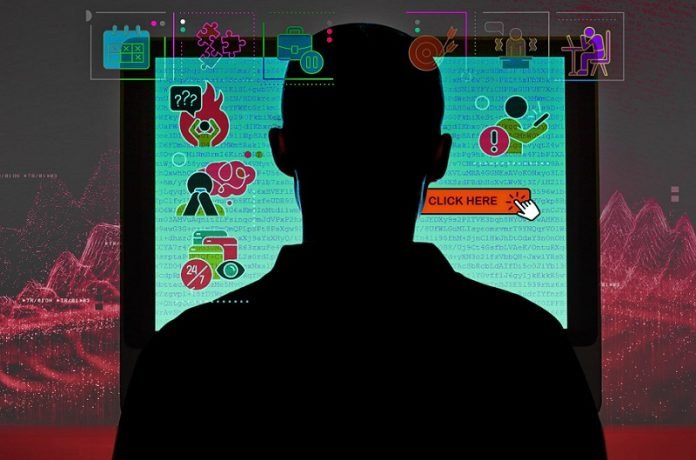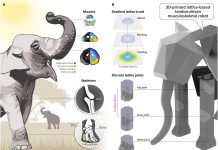
Have you ever received a suspicious-looking email and were tempted to click on it?
If you have, you’re not alone, but beware – you might become a target of what’s known as a “phishing attack.”
A recent study from the Pacific Northwest National Laboratory (PNNL), a research institute of the U.S. Department of Energy, revealed that work-related stress can make us more vulnerable to these sneaky cyber tricks.
Phishing attacks are deceptive tactics used by scammers to trick people into revealing sensitive information, like passwords or credit card numbers, by pretending to be someone trustworthy.
According to an analysis conducted by the Ponemon Institute, phishing attacks in 2021 led to large U.S. companies losing an average of $14.8 million each!
The PNNL study found that people who are experiencing a specific type of stress – distress – are more likely to fall for these scams.
They define distress as a feeling of tension that someone might experience at work when they feel overwhelmed by their tasks, or unsure if they can finish their work.
The study showed that with each point increase in self-reported distress, people were 15% more likely to click on a bogus email link.
The study involved 153 people who unknowingly received a fake (but realistic) phishing email as part of the research.
The fake emails used different tactics to trick the participants, including creating a sense of urgency, threatening disciplinary action, and pretending to be from an authority figure.
Interestingly, the emails that combined all three tactics were the least effective, with only 31% of recipients clicking on the link. This suggested that too many tricks in one message might make it more obvious that it’s a scam.
This study highlights the importance of managing work-related stress and improving awareness about cybersecurity threats.
By understanding and recognizing our stress levels, we might be better equipped to avoid falling for phishing scams.
In the future, smart machine assistants could help reduce the risk of phishing attacks. For instance, if a machine notices that a person’s work pattern indicates fatigue or lack of focus, it could suggest a break from checking emails.
However, the use of such technology would also need to consider the privacy of employees.
In conclusion, the next time you feel stressed at work and see a suspicious email, remember to pause and think twice before clicking.
Remember, not everything that pops into your inbox is as it seems! The PNNL researchers are continuing their work to learn more about how we can protect ourselves from these cyber threats. Stay tuned!
Follow us on Twitter for more articles about this topic.



